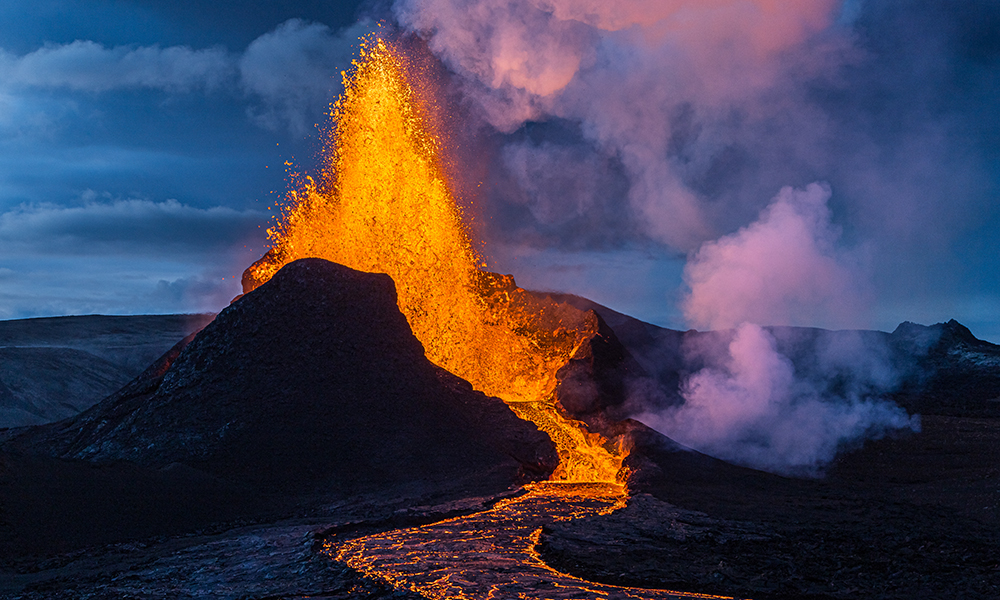
Was plate tectonics occurring when life first formed on Earth?
Zircon crystals and magmas reveal new information about plate tectonic activity on Earth billions of years ago.
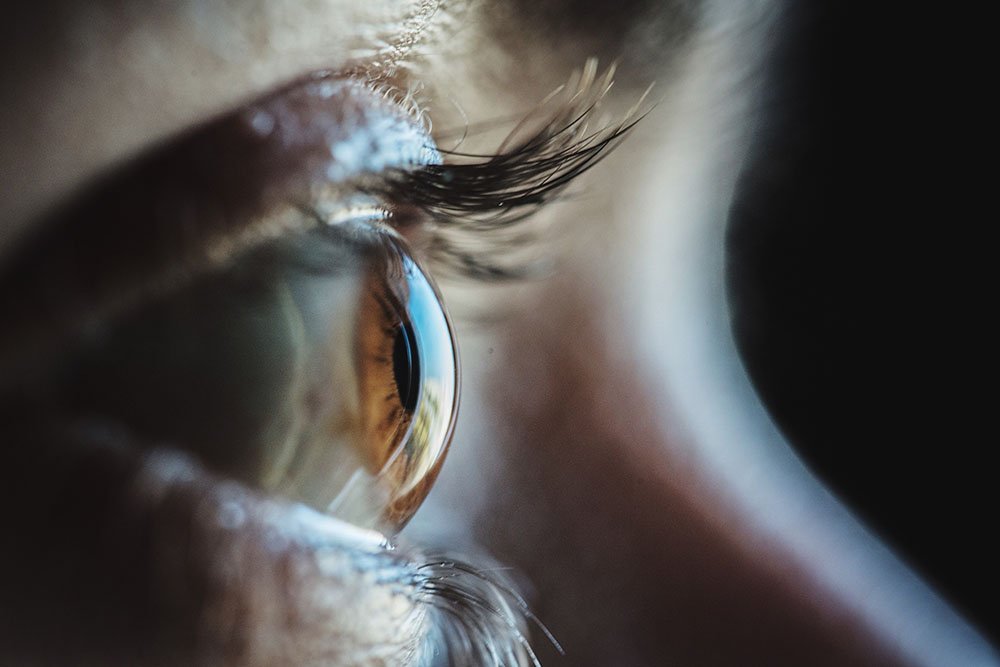
Small, involuntary eye movements help us see a stable world
“Fixational” eye movements play a larger role in vision than previously thought, according to Rochester researchers.
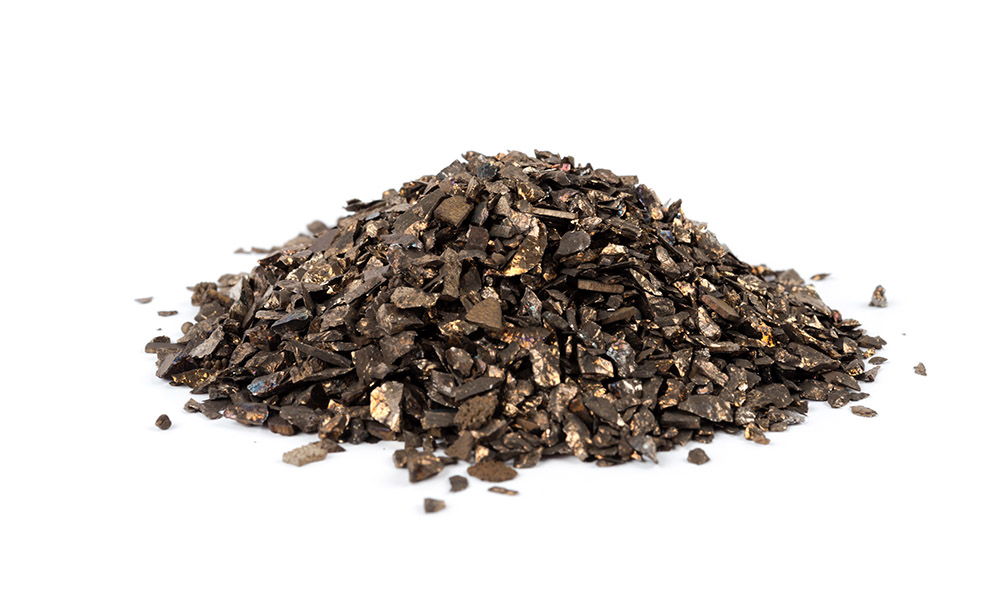
New models shed light on life’s origin
Dustin Trail used experiments and zircon chemistry to build more accurate computer models of fluids that act as pathways from inner Earth to Earth’s surface.
New method to control electron spin paves the way for efficient quantum computers
The method, developed by researchers including John Nichol, an associate professor of physics, overcomes the limitations of electron spin resonance.
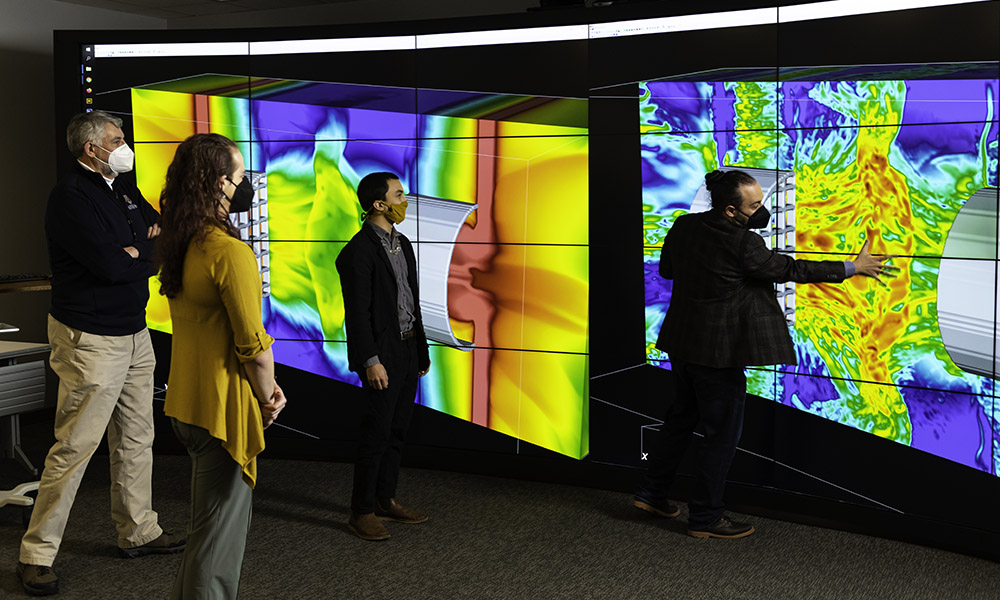
Flash Center moves to Rochester, advances cutting-edge physics research
The Flash Center—devoted to computer simulations to advance understanding of astrophysics, plasma science, high-energy-density physics, and fusion energy—has moved from the University of Chicago to Rochester.
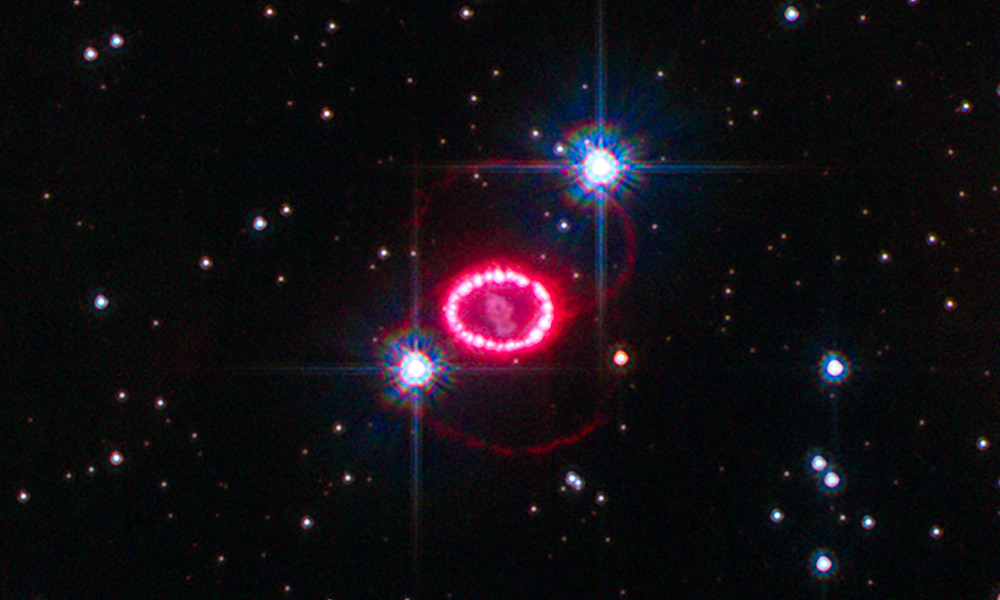
Lasers usher in a new era of astronomy
Large-scale, laser-based experiments have recently revolutionized astrophysics, writes Rochester professor Adam Frank, allowing scientists to recreate the cosmos in science labs.

Scientists hit key milestone in fusion energy quest
The major breakthrough of achieving ignition is cause for celebration at Rochester’s Laboratory for Laser Energetics as well.

Cities on asteroids? It could work—in theory
A popular science fiction idea in TV shows like Amazon’s The Expanse, Rochester scientists are using physics and engineering principles to show how asteroids could be future viable space habitats.
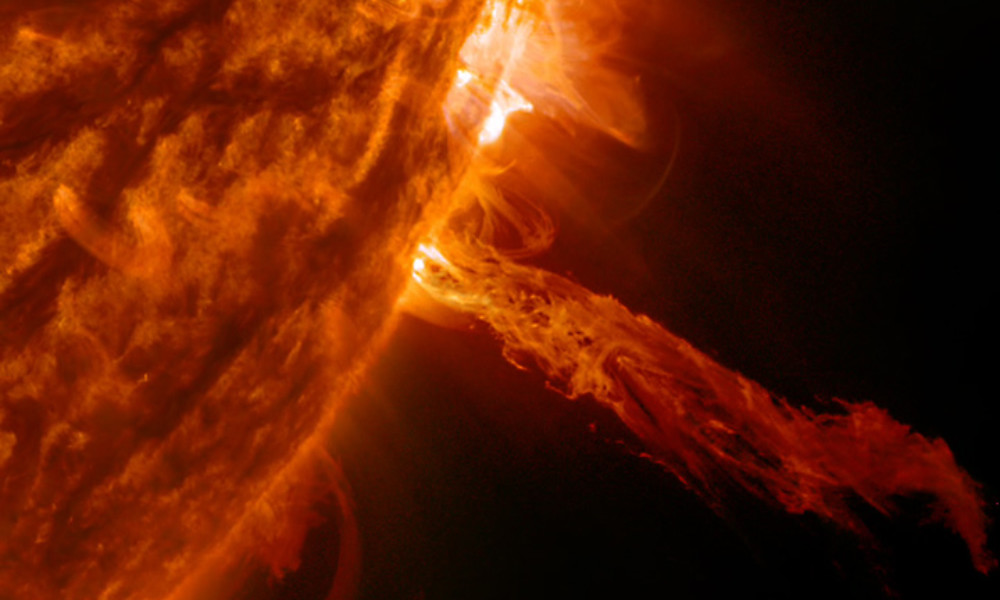
How does radiation travel through dense plasma?
First-of-its-kind experimental evidence defies conventional theories about how plasmas emit or absorb radiation.

Rochester students develop award-winning devices to ‘save syrup’
A team of Rochester undergraduates was recognized in the International Genetically Engineered Machine (iGEM) competition for developing solutions to problems in the maple syrup industry.

